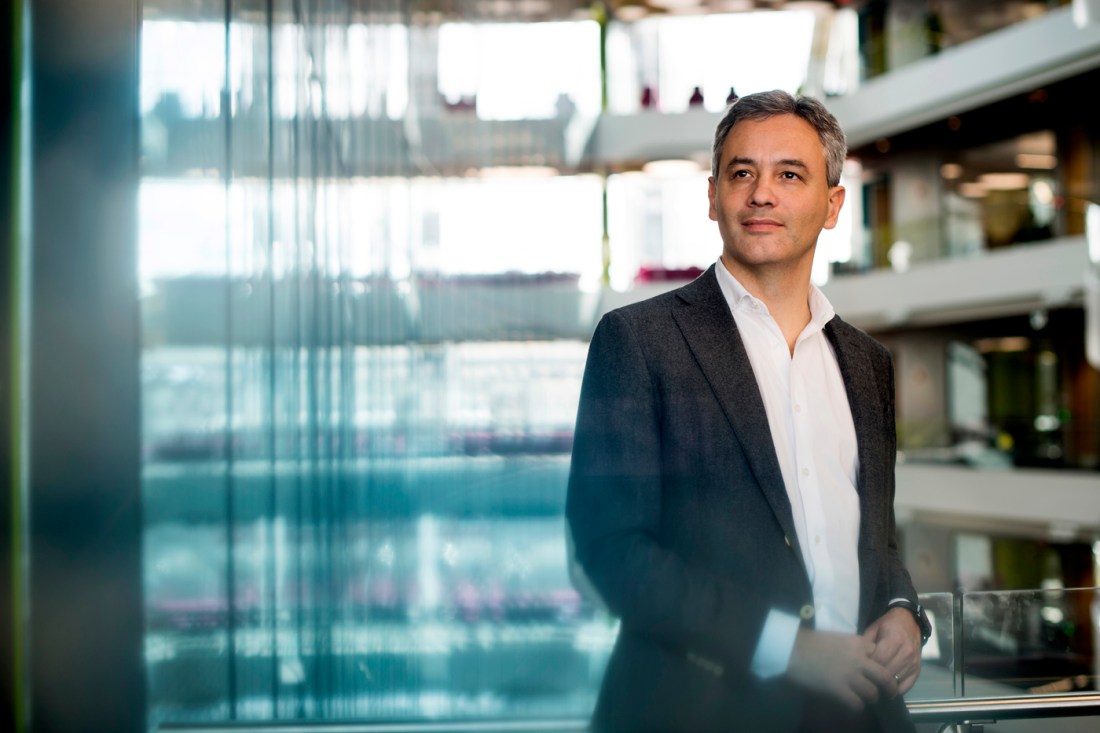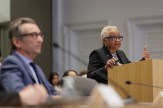New alliance will lean on Northeastern researchers while using AI to revolutionize mobile networking

A new alliance will leverage Northeastern’s research on radio access network technologies as it aims to utilize the power of artificial intelligence to transform mobile networking.
The formation of the AI-RAN Alliance was announced Monday, Feb. 26, at Mobile World Congress, a major telecommunications conference in Barcelona, Spain.

Northeastern University is the only U.S. university and research institute to be a founding member of the alliance. The initiative is being led by NVIDIA, SoftBank and ARM, three large corporations that are investing heavily in the development of AI technologies. Other founding members include Amazon, Microsoft, T-Mobile, Nokia, Ericsson, Samsung and Deepsig.
The aim of this alliance is to examine and study the emerging technology and develop new AI-based mobile networking systems that could shorten development times, increase data speeds and enable new mobile experiences for consumers, says Tommaso Melodia, a Northeastern professor of electrical and computer engineering and the director of the Institute for The Wireless Internet of Things.
Featured Posts
“The general idea is that AI is changing a lot in the tech world,” says Melodia. “It’s been driving a lot of new capabilities across various industries. Certainly, in the telecom sector there’s been growth, but the sector still needs to unlock that potential.”
The alliance will leverage Northeastern’s research on radio access network technologies currently being conducted within the institute. More than just the researchers themselves, the alliance will also take advantage of the university’s resources and testing technologies, namely Colosseum, the world’s largest radio emulator.
“Northeastern brings to the table three main elements,” Melodia says. “One is profound research in the convergence of AI and the radio access network. I would say over the past few years, we are one of the leading institutions in that space. Second, we bring expertise in terms of test beds and capabilities. And last, I think we have a vast ecosystem between researchers, government entities, and academia.”
It took around 10 years between the development of 4G cellular networks and 5G cellular networks, Melodia says. AI could help significantly reduce the timeframe for future advancements.
Melodia says by partnering with major industry partners, the university is increasing its global presence and creating a more robust network of researchers and stakeholders.
“This is going to be a big thing for us in the sense that it gives us the opportunity to work with a consortium that is defining the future of mobile telecommunications,” he says.











